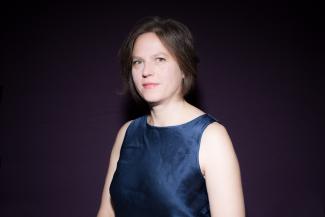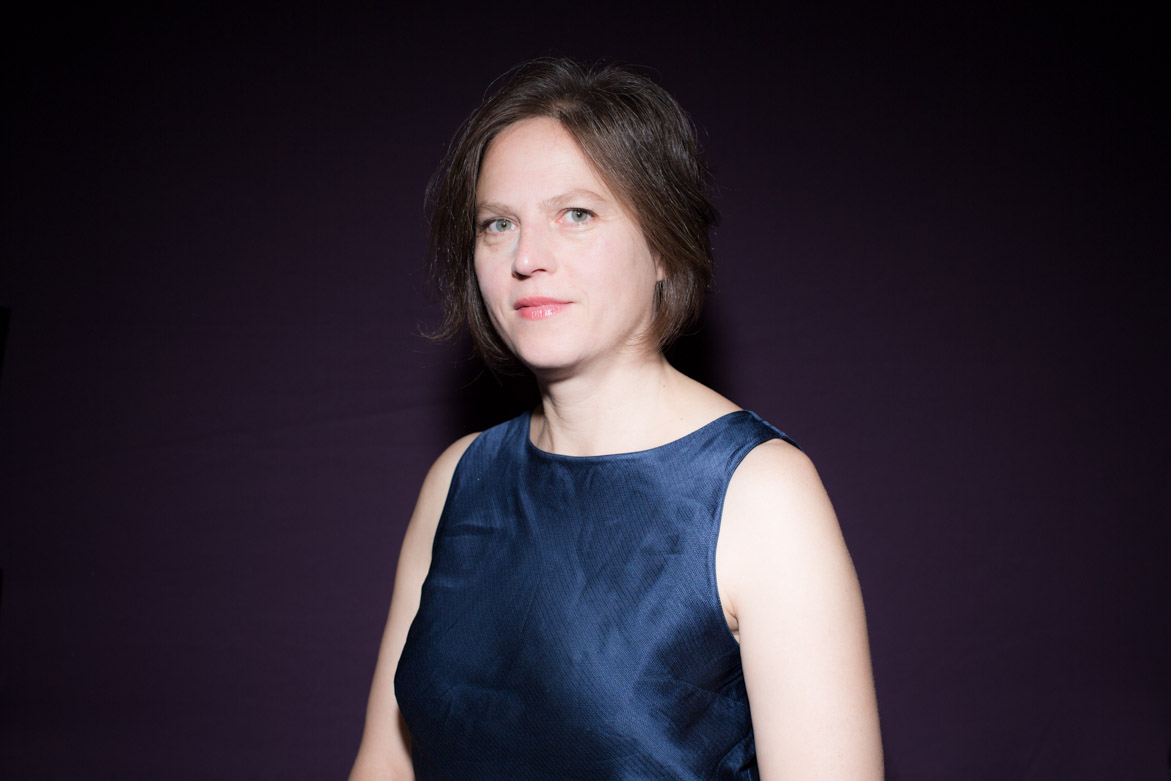Turkey and the EU : current key issues

Report written by Séverine Neervoort, Intern, Ifri Brussels.
Turkey moves fast
Turkey can be described as a mosaic of styles, ways of life, opinions and points of view. In Istanbul, this huge city metropolis where events succeed one another and time goes fast, it is almost impossible to get a true picture of the country. The heterogeneity of Turkey makes it difficult for a research fellow to obtain a precise and complete assessment of the situation. Each interlocutor defends its own perspective; the idea of manipulation is ubiquitous and often used as an easy answer. To follow the emergence of what she calls the "new Turkey", Dorothée Schmid goes once a month in this country, in order to meet politicians, analysts, journalists and people from NGOs. During one of Ifri's Tuesdays in Brussels, she presented Turkey current key issues.
The current crisis in Turkey
The recent move of the Turkish Constitutional Court to ban the ruling Justice and Development party (AKP) has plunged Turkey into a crisis and an atmosphere of conspiracy. On March 14th, Turkey's chief prosecutor filed a case with the Constitutional Court asking it to shut down the AKP and ban seventy one of its members from seeking elected office for five years. He accused the party of spearheading "antisecular activities" in violation of the Turkish constitution. The government ruled by the AKP is now paralyzed. In Dorothee Schmid's point of view, the government has been paralyzed even before the closure case anyway, since the controversial election of the President Gül (also from the AKP and seen by some opponents, and the Turkish Court in particular, as a "religious man"). The political crisis between the government and the opposition forces that has shattered the country is not the only one in Turkey. The way the government and the Army negotiate on the main strategic issues such as Irak or Cyprus is also problematic. It reveals that the government is not prepared to deal with the Kurdish question in a proper way. The situation with Cyprus is quite ambiguous as well: Turkey still refuses to recognize Cyprus. Mrs Schmid spoke about a very strong identity crisis at the moment in Turkey. The government does not seem ready to cope with the crucial issue of minorities. Furthermore, some analysts fear the consequences of the political crisis on the Turkish economy. The speaker thinks this concern is exaggerated: She does not anticipate an economic crisis in the short term.
This context of uncertainty makes people worry about the future. Nevertheless, Dorothee Schmid reminded us that a "crisis" is not necessarily negative: It can be the preparation for something else, in the case of Turkey, perhaps for the emergence of a new social consensus.
After the crisis: Prospects
Dorothee Schmid defined two major problems in Turkey: The lack of political balance and the resurgence of a culture of conflict.
As a majority party, the AKP was confident enough to take some controversial actions, which contradicted the country's constitutionally mandated secularism. The constitutional change, just after Gül's election as the new President, allowing students to wear headscarves at university illustrates this phenomenon. It was clearly perceived as an act of aggressiveness in the eyes of the most secular parts of the Turkish society. Moreover, the events of May Day last year but also recently, when leftists and trade unions were dispersed violently and sometimes arrested by the police, show the resurgence of a culture of conflict in Turkey.
There is no dialogue between the different protagonists and no real alternative to the AKP, according to Dorothée Schmid.
Turkish Constitutional Court has agreed to hear the AKP closure case. The consequences could be the banishment of some leaders of the party, the scission of the party or the formation of a new one with the same political leaders.
The EU-Turkey relationship
In Turkey, people are very sensitive to the question of the accession of their country to the European Union, which is currently under negotiation. There is a growing disillusion, especially after some chapters of the negotiations were freezed. Talks were suspended on issues related to free movement of goods, services, financial services, agriculture, fisheries, transport, customs union and external relations. Little by little, Turkish people perceive the European Union as a Christian club, which doesn't consider Turkey as part of a Europe defined as a cultural and religious homogeneous block. Intellectual feel cheated and hard secularists have the feeling that the EU is supporting the AKP. Indeed, the EU enlargement commissioner Olli Rehn made clear that the EU is not supporting extreme secularism. He thinks the AKP issue should be discussed in parliament, not in the Turkish Constitutional Court.
Dorothee Schmid explained that members of the Turkish government see the negotiations as a real bargaining process. They think Turkey's geographical position as a transit state for energy, especially gas from the promising Caspian Sea, can be used as a strong argument for the accession of Turkey to the EU.
The relationship with France
To the speaker, the French presidency of the EU, to start next July, does not appear to be well prepared. The priorities on the agenda are not very clear. Therefore, Turkey will not be a crucial point, which is positive for Turkey, because the French government has not changed its opinion on Turkey's accession; the negative fundamentals are still remaining. Jean Pierre Jouyet, French European Affairs Secretary, recently travelled to Turkey and one can assume that there will be no aggressive moves against Turkey during the French presidency. If possible, new chapters of negotiations will be opened. There is no sign that the relationship will improve during the presidency but it is not going to get worst.
The presentation was followed by an interesting debate with the audience. Several questions were asked to Mrs Schmid on a wide spectrum of subjects, such as the energy issue between Russia and Turkey, the Union for the Mediterranean, the Constitutional reform in Turkey, the human rights problems, the progress in the accession reforms and the French presidency.

Available in:
Regions and themes
ISBN / ISSN
Share
Related centers and programs
Discover our other research centers and programsFind out more
Discover all our analyses
China’s Strategy Toward Pacific Island countries: Countering Taiwan and Western Influence
Over the past decade, China has deployed a diplomatic strategy toward the Pacific Island Countries (PICs). This strategy pursues two main objectives: countering Taiwan's diplomatic influence in the region and countering the influence of liberal democracies in what Beijing refers to as the "Global South."

Opening up the G7 to South Korea to Address Contemporary Global Challenges
The G7’s global influence has diminished as powers like China reshape international governance through initiatives such as BRICS and the Shanghai Cooperation Organisation (SCO). With the G7 now representing just 10 per cent of the world’s population and 28 per cent of global GDP, its relevance is increasingly questioned.
Expanding SPDMM as a pivotal institution in the Pacific – A French perspective
The South Pacific Defence Ministers’ Meeting (SPDMM) is the only forum that brings together defense ministers from the wider South Pacific — including Chile, which is hosting it for the first time. This heterogeneous group of countries with varying resources, capacities, and interests — Australia, Chile, Fiji, France, New Zealand, Papua New Guinea (PNG), and Tonga — are united by their shared determination to strengthen cooperation on maritime security and humanitarian assistance and disaster relief (HADR) activities.
EU’s Derisking From China: A Daunting Task
With economic security as a major concern, the EU has recently turned to “derisking” from China. The EU strategy entails reducing critical dependencies and vulnerabilities, including in EU supply chains, and diversifying where necessary, while recognizing the importance and need to maintain open channels of communication.











